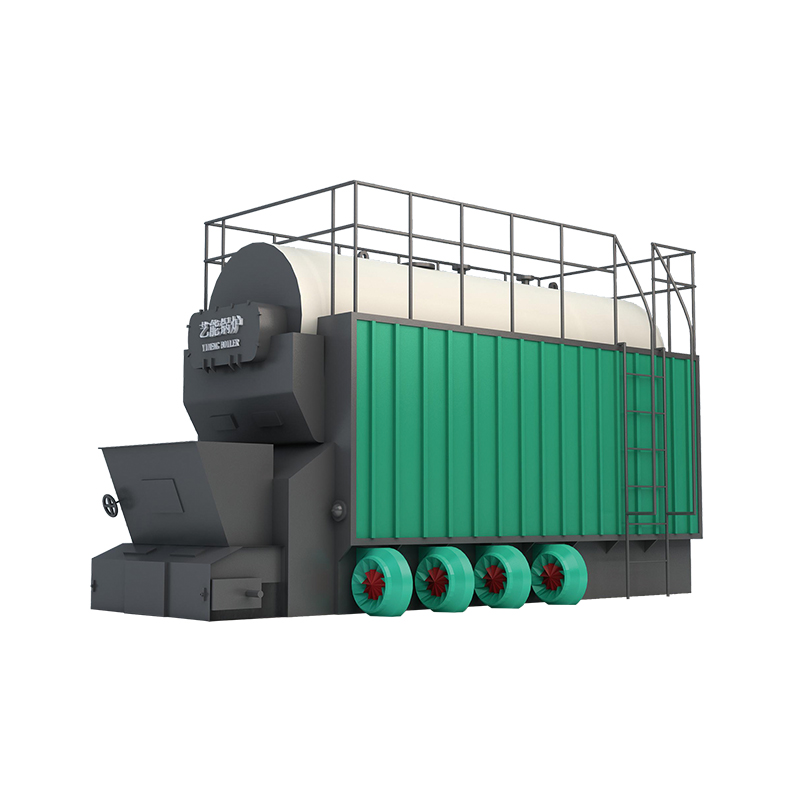Electric Thermal Oil Boiler Solutions for Efficient Heating Systems and Energy Savings
Electric Thermal Oil Boiler A Modern Solution for Industrial Heating
In today's industrial landscape, the demand for efficient and reliable heating systems is paramount. One innovative solution that has gained traction in various sectors is the electric thermal oil boiler. This modern heating technology not only enhances operational efficiency but also addresses environmental concerns associated with traditional heating methods.
What is an Electric Thermal Oil Boiler?
An electric thermal oil boiler is a type of industrial heating equipment designed to utilize electric energy to heat thermal fluids, typically oil, which can then be circulated through a system to transfer heat. Unlike conventional boilers that primarily use steam or hot water, thermal oil boilers operate at lower pressures while offering a high-temperature heating capability. This unique feature makes them suitable for processes requiring stable and precise temperature control.
Advantages of Electric Thermal Oil Boilers
1. Energy Efficiency One of the most significant advantages of electric thermal oil boilers is their high energy efficiency. They convert nearly all electrical energy into usable heat, minimizing energy losses associated with other heating technologies. This efficiency leads to lower operational costs and reduced energy consumption, essential for businesses looking to improve their bottom line.
2. Ease of Operation Electric thermal oil boilers are typically easier to operate and maintain compared to their fossil fuel counterparts. With fewer moving parts and no need for complex combustion systems, operators can rely on straightforward controls and monitoring systems. Additionally, the absence of flue gases and smoke eliminates the need for extensive ventilation systems.
electric thermal oil boiler

3. Environmentally Friendly With growing environmental concerns, the shift towards sustainable energy sources is more vital than ever. Electric thermal oil boilers produce zero emissions at the point of use, making them an excellent choice for companies aiming to reduce their carbon footprint. Depending on the source of electricity—especially if sourced from renewable energy—these boilers can significantly lower greenhouse gas emissions.
4. Versatility These boilers are highly versatile and can be used in various industries such as food processing, chemical manufacturing, pharmaceuticals, and textile production. The ability to maintain precise temperature control makes them particularly beneficial in processes sensitive to temperature fluctuations.
Applications of Electric Thermal Oil Boilers
Electric thermal oil boilers are employed in numerous applications. In the food industry, for example, they are used for heating oils in frying processes and managing temperature for cooking, thus ensuring consistent product quality. The chemical sector utilizes these boilers for various process heating needs, including distillation, drying, and reaction management. Furthermore, pharmaceuticals require strict temperature control for the production of sensitive compounds, making electric thermal oil boilers an ideal choice.
Conclusion
The electric thermal oil boiler stands as a testament to the advances in industrial heating technology. Its energy efficiency, ease of operation, environmental benefits, and versatility position it as a superior alternative to traditional heating systems. As industries continue to look for sustainable and cost-effective solutions, the adoption of electric thermal oil boilers is expected to rise, paving the way for a greener and more efficient industrial future. By investing in this modern technology, businesses not only enhance their operational efficiency but also contribute positively to environmental sustainability, thereby ensuring a balance between productivity and ecological responsibility.
-
Top Electric Steam Boiler Manufacturers - High Efficiency SolutionsNewsJul.30,2025
-
Top Electric Steam Boiler Manufacturers – Efficient Industrial SolutionsNewsJul.29,2025
-
Top Electric Steam Boiler Manufacturers | Reliable Industrial SolutionsNewsJul.29,2025
-
OEM Steam Boiler Solutions for Custom Needs | High Efficiency & VersatilityNewsJul.29,2025
-
High-Efficiency Thermal Oil Boiler for Industrial Heating SolutionsNewsJul.29,2025
-
Top Electric Steam Boiler Manufacturers for Industrial EfficiencyNewsJul.28,2025

